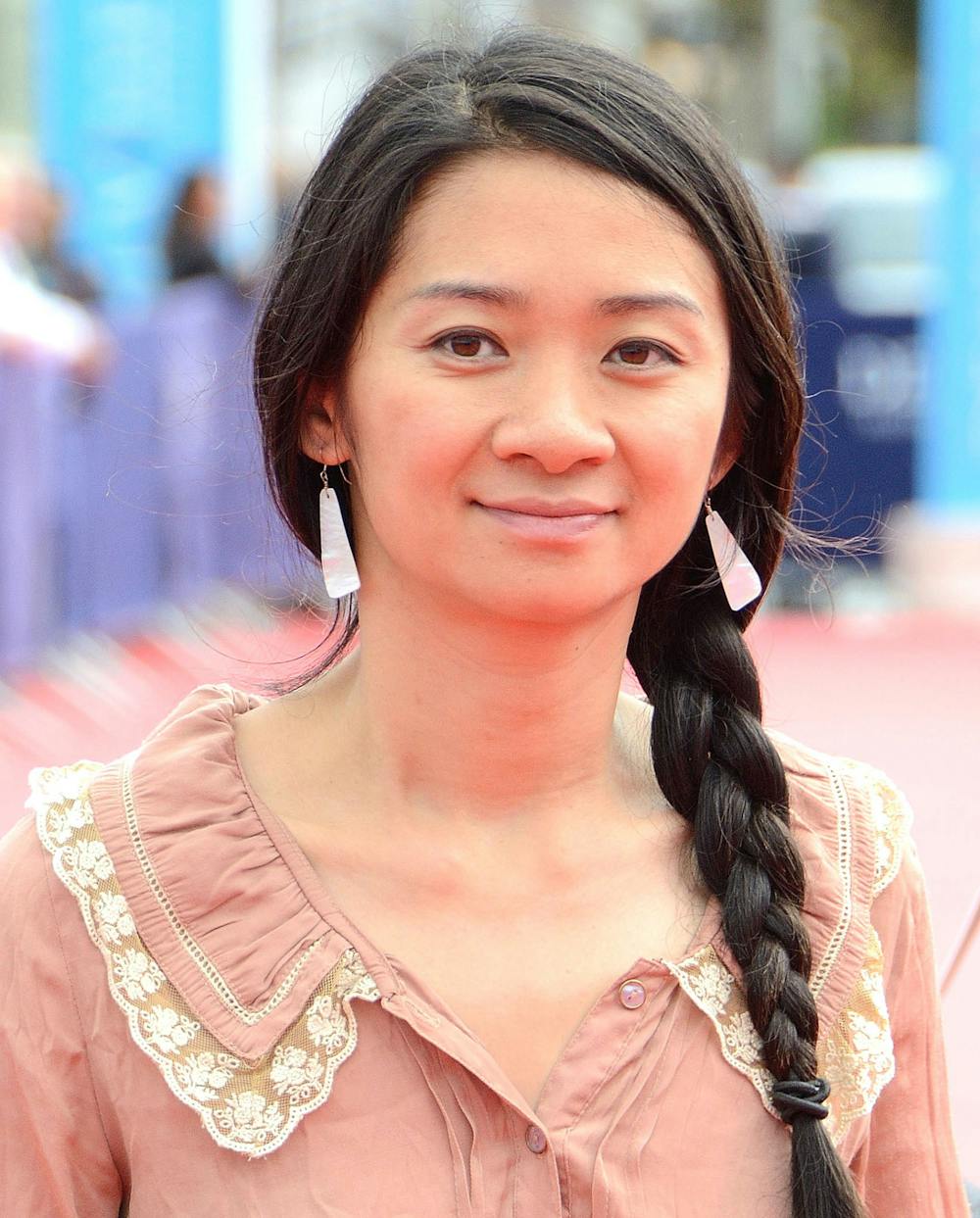The teaser trailer for Nomadland opens with its protagonist, Fern (Frances McDormand), walking languidly through a trailer park. The camera follows her, and we see diverse assortments of people gathered together in front of varying vehicular living set-ups. These are the nomads of our modern world. Fern continues on her path as it fades to black, and though we’re left wondering where she’s going, her slow stride could not be mistaken for aimlessness. She is going somewhere that only she knows, and effectively, the mood of the film has been set.
Throughout the teaser we’re reminded that Nomadland has been selected to screen at four of the most prestigious film festivals in the world. Just last Sunday, the Toronto International Film Festival (TIFF) wrapped up its nine-day hybrid showcase by crowning Nomadland with its top prize, the People’s Choice Award. A week prior it had won the coveted Golden Lion at the Venice Film Festival, becoming the first film in history to win both top awards.
Nomadland is undoubtedly Chloé Zhao’s, who was the film’s director, writer, co-producer and editor. Three years after her second feature film, a Western drama called The Rider, it’s clear that she has created another contemplative, gripping character study.
Based on the nonfiction book of the same name by Jessica Bruder, Nomadland tells the story of a woman displaced from her home, set once again in the American West. Fern works various odd jobs throughout the film, from a campground ‘host’ to the packing line in an Amazon fulfillment center, and reluctantly bonds with other members of makeshift communities. Their exchanges, particularly one between Fern and an older woman Swankie, reveal the anguish and loss that many of the drifters have suffered, largely at the hands of a globalizing world.
As an audience we’re invited to withhold judgment from their unconventional lifestyles and instead seek to understand the underlying humanity and kinship of these, as Fern puts it, “houseless” communities. What makes it all the more compelling is Zhao’s blending of reality and fiction, as she embraces the casting of many non-actors who play only slightly different versions of themselves. Though it’s easy to become immersed in the film’s organic narrative, Zhao doesn't let us forget that all these events are set against the backdrop of an America in financial ruins, that the film itself is a depiction of what followed the 2008 economic collapse.
By the end Fern returns to how she was: alone. She rebuffs the friendship of one of the more welcoming nomads, Dave (David Strathairn), and their paths diverge without so much as a goodbye. We see that despite all the relationships she’s formed along the way, she remains intent on carving out her life’s journey alone. In fact, we come to recognize that the one thing she won’t ever let go is her independence — her way of doing things. In this respect Nomadland can’t help but echo The Rider, in which its rodeo cowboy protagonist simply cannot let go of riding, even if getting back in the saddle could mean his death.
Zhao’s mastery of weaving together the brightest hopes with the harshest of realities paired with a purposeful unraveling of inner conflict is unparalleled. She represents a new, much-needed voice in contemporary cinema, and for the past few years her films have rightfully flourished. If her latest win at TIFF follows the trajectory of the past eight winners, a Best Picture nomination (and quite possibly a win) is in store. Already many critics are suggesting that Zhao, Beijing-born and an NYU alum, could become the first Asian woman ever nominated for Best Director at the Academy Awards.
As it continues to take the international festival circuit by storm, Zhao’s Nomadland might just be the masterpiece to look to in these times, the light we need at the end of the tunnel. Watching Nomadland paint America as a husk of the famed land of opportunity, it’s hard not to wonder if it’s a commentary that extends to our present day. It feels like, amid our current aimlessness and uncertainty, Zhao is encouraging us to glimpse the humanity beneath the crisis, to find our purpose and never let it go.

















